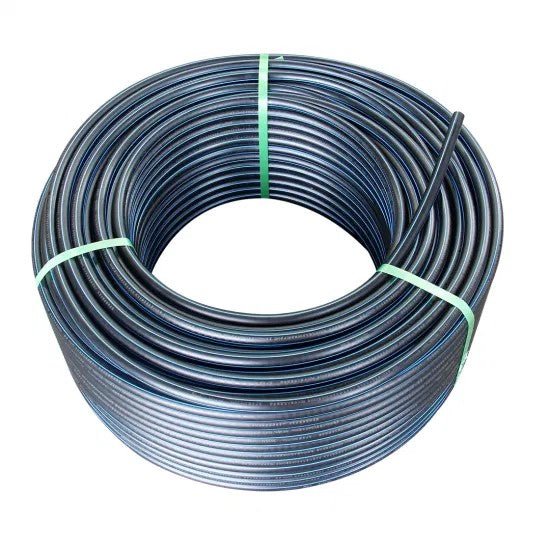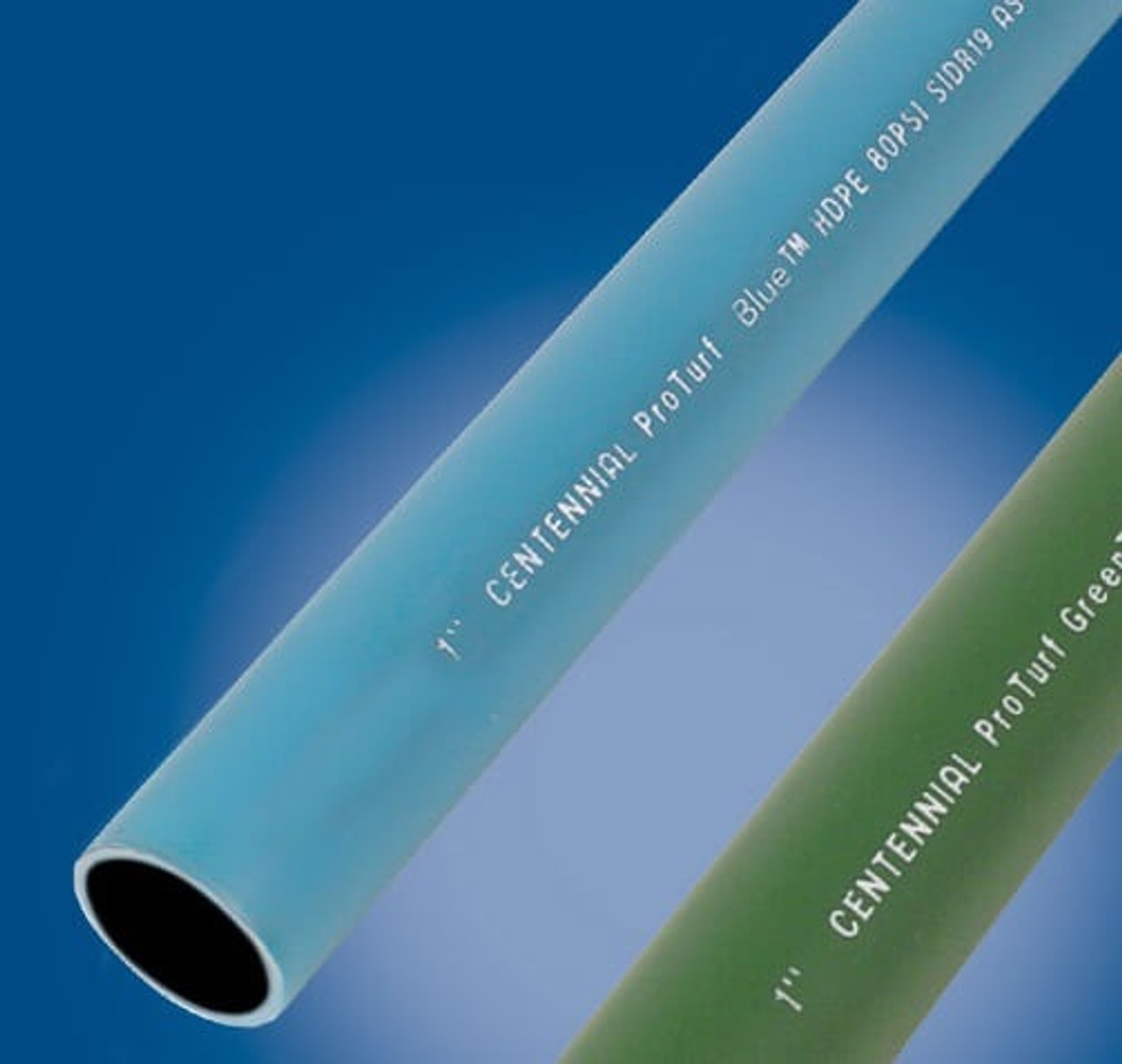Comprehending the Trick Advantages of HDPE Pipe for Water and Wastewater Management
Using HDPE pipeline in water and wastewater administration provides countless advantages that warrant factor to consider. Its outstanding sturdiness and lengthy lifespan make it a recommended selection for several tasks. Furthermore, the material's resistance to corrosion and chemical damages boosts its dependability in various settings. The benefits extend beyond simply longevity and resistance. Pipe Supplier American Plastics Midland. Exploring its cost-effectiveness and ecological influence exposes much more engaging factors for its extensive fostering in contemporary facilities
Outstanding Sturdiness and Durability

HDPE pipe sticks out for its remarkable sturdiness and durability, making it a preferred selection in water management systems. Constructed from high-density polyethylene, these pipes can endure significant stress and stress and anxiety, making certain trustworthy efficiency over time. Their robust nature enables them to withstand extreme ecological problems, including temperature level variations and dirt activities, which can cause other materials to stop working.
The life expectancy of HDPE pipelines usually goes beyond 50 years, supplying an economical service for communities and sectors alike. In addition, the material's lightweight residential or commercial properties streamline setup, minimizing labor costs and timeframes. This resilience lessens the requirement for frequent repairs or substitutes, additionally enhancing its economic charm.
In water monitoring applications, the integrity of HDPE pipelines suggests less disruptions and boosted solution continuity, making them important to lasting facilities development. The combination of toughness and long life solidifies HDPE's duty as a keystone in reliable water management services.

Resistance to Deterioration and Chemical Damages
While several materials catch corrosion and chemical damage over time, HDPE pipelines exhibit remarkable resistance, making them perfect for different water management applications. This strength comes from the molecular structure of high-density polyethylene, which is inherently non-reactive and does not corrode like metals or break down from exposure to harsh chemicals. Consequently, HDPE is extremely efficient in atmospheres with aggressive substances, such as wastewater systems that might consist of acids, bases, and organic solvents.
Additionally, HDPE pipes can stand up to environmental aspects such as dirt acidity and saline conditions, additionally boosting their viability for diverse applications (American Plastics HDPE Pipe for Oilfield). Their capability to preserve structural honesty gradually lowers the threat of leakages and failures, which is important in guaranteeing the safety and security and integrity of water distribution and wastewater management systems. The resistance to deterioration and chemical damages considerably contributes to the total effectiveness and longevity of HDPE piping options.
Cost-Effectiveness and Economic Benefits
When taking into consideration the monetary ramifications of water administration systems, the cost-effectiveness of HDPE pipes comes to be apparent. These pipelines provide reduced installation and upkeep expenses contrasted to traditional materials like steel or concrete. Their light-weight nature streamlines transportation and installment, causing reduced labor expenses. Furthermore, HDPE pipes display a long life expectancy, commonly going beyond 50 years, which converts to fewer replacements and lasting financial savings.
Additionally, the resistance of HDPE to corrosion and chemical damages reduces the demand for pricey fixings and replacements. The pipelines also sustain effective water circulation, lowering energy prices connected with pumping systems. By mitigating leaks and water loss, HDPE pipes add to significant financial advantages for communities and markets alike. Overall, the preliminary financial investment in HDPE piping can produce significant financial returns over the life expectancy of the water management system, making it a prudent choice for sustainable facilities advancement.
Ecological Sustainability and Minimized Effect

Convenience and Flexibility in Installation
Because of their one-of-a-kind properties, HDPE pipelines provide impressive versatility and flexibility in setup, making them ideal for a large range of applications. Their lightweight nature permits for easier handling and transport, decreasing labor costs and installment time. HDPE pipes can be curved and formed to fit various surfaces and project needs, which is especially valuable in testing atmospheres.
Additionally, their resistance to deterioration and chemical damages permits installment in diverse setups without the need for specialized protective coverings. The capacity to fuse joints develops a continuous, leak-free system, boosting the overall honesty and integrity of the installation. HDPE's versatility additionally accommodates ground activity, minimizing the danger of damages in areas vulnerable to moving soil. Generally, these characteristics make HDPE pipes not just flexible but also a recommended option for water and wastewater monitoring systems.
Regularly Asked Concerns
Just How Does HDPE Pipeline Compare to PVC in Water Monitoring Applications?
HDPE learn this here now pipe provides exceptional adaptability, resistance to deterioration, and resilience contrasted to PVC. Its lighter weight facilitates easier installation, while its long life-span minimizes substitute costs, making HDPE a recommended selection in water administration applications.
What Is the Lifespan of HDPE Pipes Under Regular Conditions?
Under regular conditions, HDPE pipes can have a life expectancy ranging from 50 to 100 years. Their sturdiness and resistance to corrosion add to their lasting efficiency in different applications, making them a trusted option for facilities.
Are HDPE Piping Recyclable After Their Life Span?
Yes, HDPE pipes are recyclable after their service life. Pipe Manufacturing Midland TX. They can be processed and repurposed into new products, considerably decreasing environmental influence and advertising sustainability within the market, making them an environment-friendly selection for piping options
What Is the Installation Process for HDPE Water Lines?
The installment process for HDPE pipelines involves website prep work, trenching, pipe fusion or mechanical joining, backfilling, and stress screening. Correct strategies assure a durable and effective system for delivering water and wastewater efficiently.
Can HDPE Piping Be Used for Both Safe And Clean and Non-Potable Water Solutions?
Yes, HDPE pipelines can be made use of for both potable and non-potable water systems. Their versatility, toughness, and resistance to rust make them suitable for numerous applications, guaranteeing secure and effective transportation of water browse around this site in various contexts.